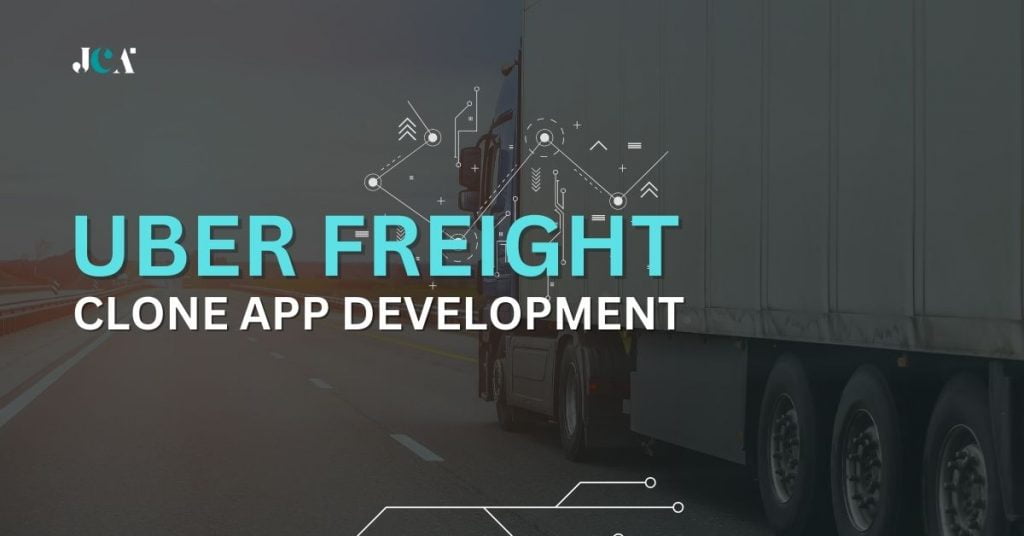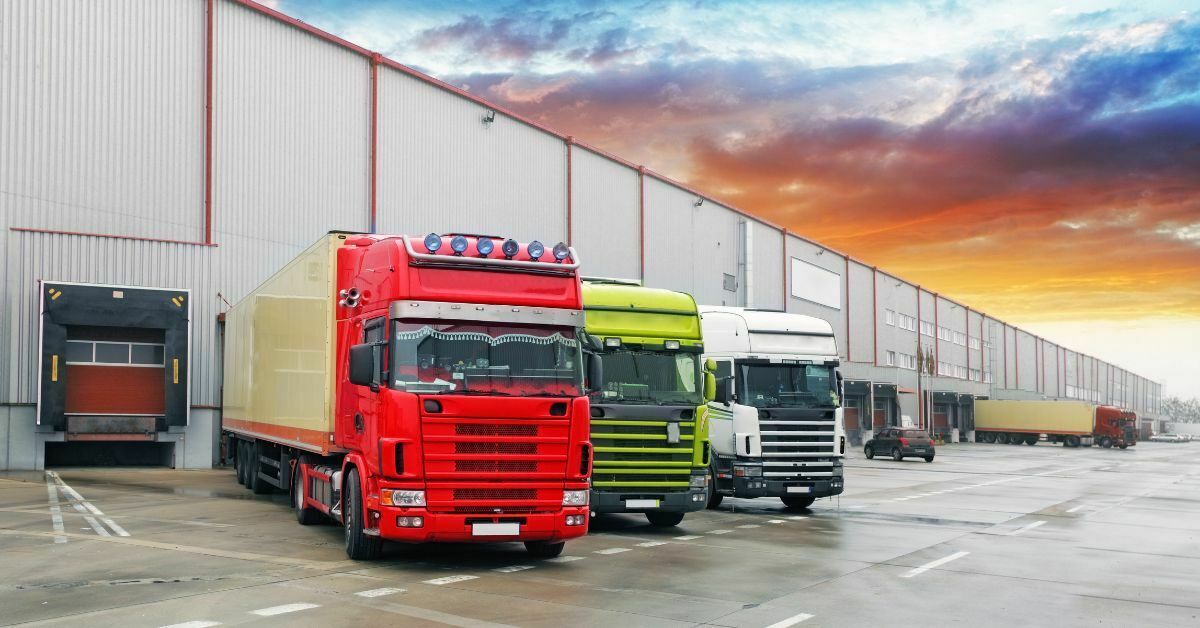With the increasing popularity of on-demand delivery services, the demand for Uber-like apps has skyrocketed. Uber Freight is one such application that has disrupted the traditional freight industry. It has brought transparency and convenience to the industry by connecting shippers and carriers on a single platform. This has opened up new opportunities for businesses to enter the market with their own Uber Freight clone app. In this article, we will explore the world of Uber Freight clone app development and discuss how it can help you build a successful freight business.
You may also like to read: Top reasons to consider Mobile App Development Outsourcing.
What is an Uber Freight Clone App?
An Uber Freight clone app is a software application that is built using the same technology as the Uber Freight app. It is designed to connect shippers and carriers on a single platform, providing a seamless experience for both parties. The app has several features that make it an attractive option for businesses looking to enter the freight industry. Some of these features include real-time tracking, automated payment processing, and a user-friendly interface.

Benefits of Building an Uber Freight Clone App
Building an Uber Freight clone app comes with several benefits for businesses. Let’s take a look at some of them:
1. Increased Efficiency
An Uber Freight clone app can help businesses streamline their operations by automating several processes. This includes finding carriers, scheduling pickups, and tracking shipments. By reducing the manual work involved in these tasks, businesses can increase their efficiency and save time.
2. Cost Savings
By automating several processes, an Uber Freight clone app can help businesses save money on labor costs. It also eliminates the need for intermediaries, which can reduce transportation costs.
3. Improved Customer Service
An Uber Freight clone app provides real-time tracking and automated payment processing, which can improve customer service. This helps businesses build trust with their customers and increase customer loyalty.
Features of an Uber Freight Clone App
To build a successful Uber Freight clone app, it’s essential to understand the features that make the app attractive to users. Here are some of the key features that an Uber Freight clone app should have:
1. User-Friendly Interface
The app should have a simple and intuitive interface that is easy to use for both shippers and carriers.
2. Real-Time Tracking
The app should provide real-time tracking of shipments, allowing shippers and carriers to track their goods at all times.
3. Automated Payment Processing
The app should automate payment processing, ensuring that carriers are paid promptly and accurately.
4. Document Management
The app should allow users to upload and manage important documents, such as bills of lading and proof of delivery.
Steps to Develop an Uber Freight Clone App
Developing an Uber Freight clone app involves several steps. Let’s take a look at some of them:
1. Conduct Market Research
Before building an Uber Freight clone app, it’s essential to conduct market research to identify the target audience and understand their needs.
2. Choose the Right Technology Stack
Choosing the right technology stack is crucial for developing an Uber Freight clone app. It’s important to select technologies that are reliable, scalable, and secure.
3. Design the User Interface
Designing the user interface is an essential part of developing an Uber Freight clone app. The app should have a simple and intuitive interface that is easy to use for both shippers and carriers.
4. Develop the App
Once the design is complete, the app development process can begin. This involves coding the app, integrating APIs, and testing the app for bugs and errors.
5. Launch and Marketing
After the app development is complete, the app needs to be launched in the market. A marketing strategy should be developed to promote the app and reach potential customers. This can include social media marketing, search engine optimization, and email marketing.
Cost of Developing an Uber Freight Clone App
The cost of developing an Uber Freight clone app can vary depending on several factors, such as the app’s features, complexity, and the development team’s location. On average, the cost of developing an Uber Freight clone app can range from $30,000 to $50,000.
Challenges of Developing an Uber Freight Clone App
Developing an Uber Freight clone app comes with several challenges. Some of these challenges include:
1. Regulatory Compliance
The freight industry is heavily regulated, and businesses need to comply with several regulations. Developing an app that meets these regulations can be a challenge.
2. Security
An Uber Freight clone app deals with sensitive information, such as payment details and shipment information. Ensuring the security of this information can be a challenge.
3. Scalability
An Uber Freight clone app should be designed to handle a large number of users and transactions. Ensuring the app’s scalability can be a challenge.
Future of Uber Freight Clone App Development
The future of Uber Freight clone app development looks promising. With the increasing demand for on-demand delivery services, the freight industry is ripe for disruption. Developing an Uber Freight clone app can provide businesses with a competitive advantage in this market.
Conclusion
In conclusion, developing an Uber Freight clone app can provide businesses with several benefits, such as increased efficiency, cost savings, and improved customer service. However, developing an Uber Freight clone app comes with several challenges, such as regulatory compliance, security, and scalability. It’s essential to understand these challenges and plan accordingly to build a successful app.
FAQs
An Uber Freight clone app is a software application that is built using the same technology as the Uber Freight app. It is designed to connect shippers and carriers on a single platform, providing a seamless experience for both parties.
The benefits of building an Uber Freight clone app include increased efficiency, cost savings, and improved customer service.
An Uber Freight clone app should have a user-friendly interface, real-time tracking, automated payment processing, and document management features.
The challenges of developing an Uber Freight clone app include regulatory compliance, security, and scalability.




